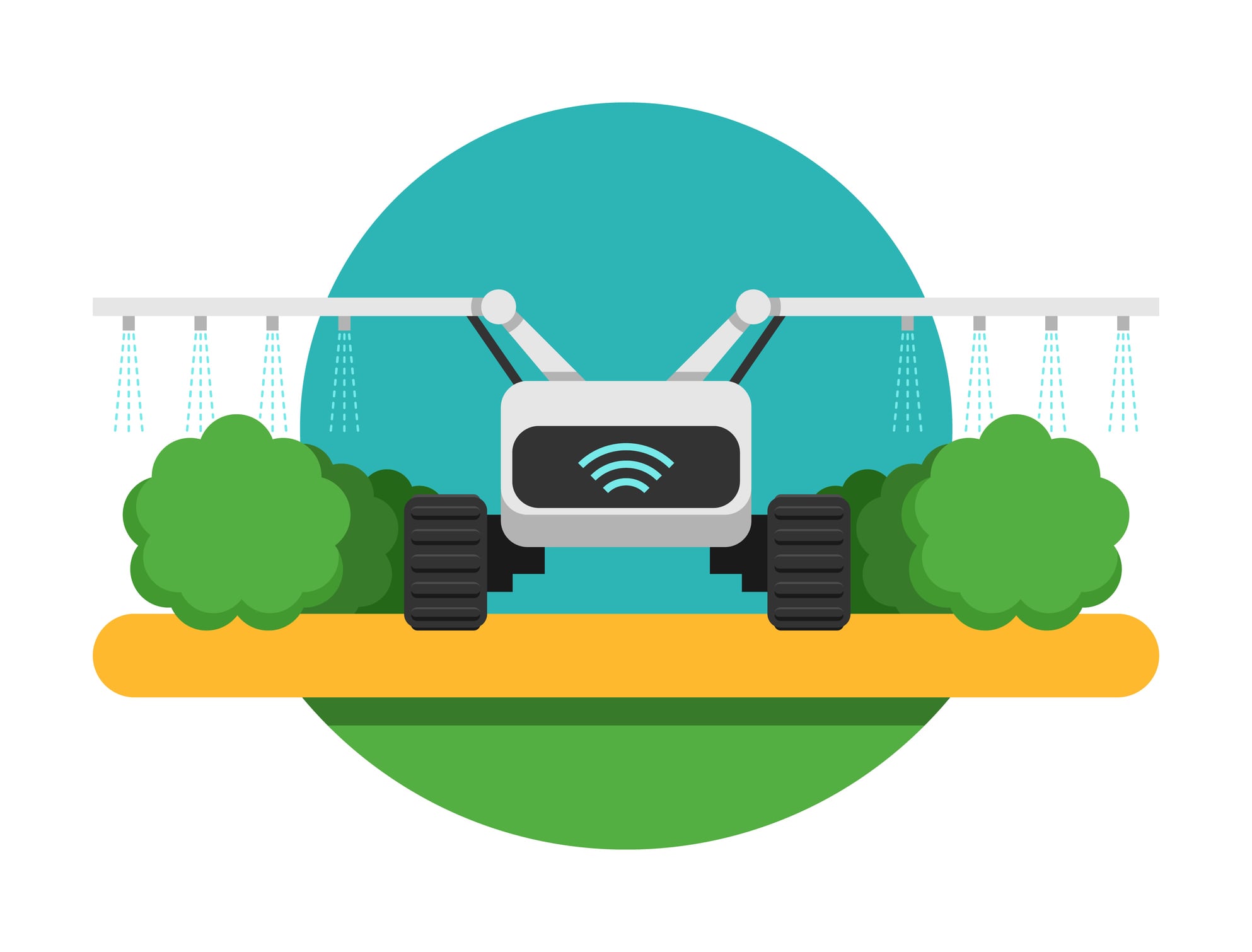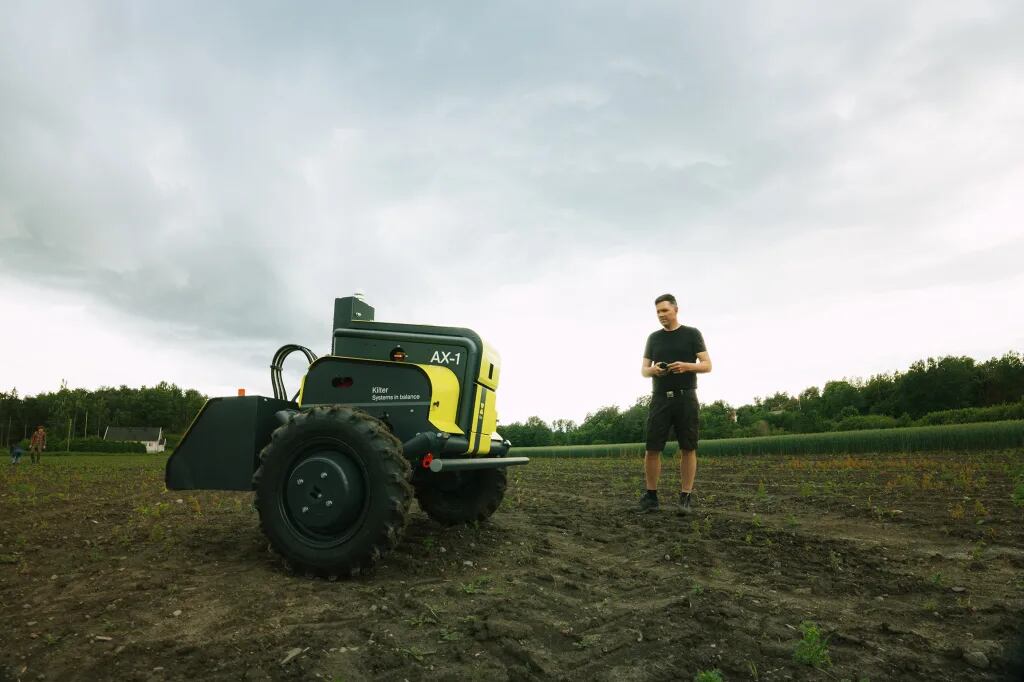KoAT launched field trials of a smart foliar fertiliser sprayer developed in collaboration with the Korea National College of Agriculture and Fisheries (KNCAF) for orchards.
With this smart sprayer, farmers will be able to set a route and let the sprayer navigates the orchard independently before returning to its starting point upon completion.
The project, part of the 2025 Agricultural Technology Industry–Academia Cooperation Support Program announced on November 6, aims to test autonomous machinery under real-world farming conditions.
Like other countries, Korea’s agriculture sector is experiencing worrying labour shortages, driven by an ageing farmer population and rural-to-urban migration.
The use of autonomous technologies would not just alleviate the deepening labour shortage but also reduce costs for farmers while improving efficiency and productivity.
Field demonstrations were held across four regions, including Jeongseon in Gangwon, Yuseong in Daejeon, Jangsu in North Jeolla, and Yeongju in North Gyeongsang.
According to KoAT, post-event surveys indicated that 92.2% of respondents indicated their interest in utilising the smart sprayer.
“We will actively promote field demonstrations and technology dissemination so that outstanding agricultural research achievements can translate into tangible benefits for farmers,” said Ahn Ho-geun, KoAT president
Foliar fertilisation is a cultivation technique that involves applying fertilisers through the leaves, allowing for more direct absorption of the nutrients.
While it is known to be effective, it also requires more effort and skill, making the need to improve this an urgent priority, said KoAT.
Not only does reduce labour for ageing farmers, but it can also reduce their exposure to chemicals such as pesticides.
The smart foliar fertiliser sprayer is being developed by a research team led by Professor Hong Soon-jung.
The team is working on further upgrades from farmer feedback, such as enhancing the autonomous driving function and extending boom length.
Currently, the unit combines upgraded driving functions, including automatic obstacle detection, improved braking, and stable operation on slopes.
Enhancements have also been made to increase spray accuracy and efficiency.
Modernising efforts
As part of efforts to modernise its agriculture sector, KoAT completed a new eco-friendly agricultural machinery component testing facility in Iksan, designed to verify the performance and safety of batteries used in electric equipment.
The facility will begin full-scale operations in 2026 and is expected to support the wider rollout of electric farm machinery to further support sustainable goals.
Ahn said: “The completion of this testing facility marks an important turning point for Korea’s agricultural machinery industry as it moves into an eco-friendly and electric era. We will continue strengthening our testing capabilities to improve the reliability of agricultural machinery components and promote technologies farmers can use with confidence.”





